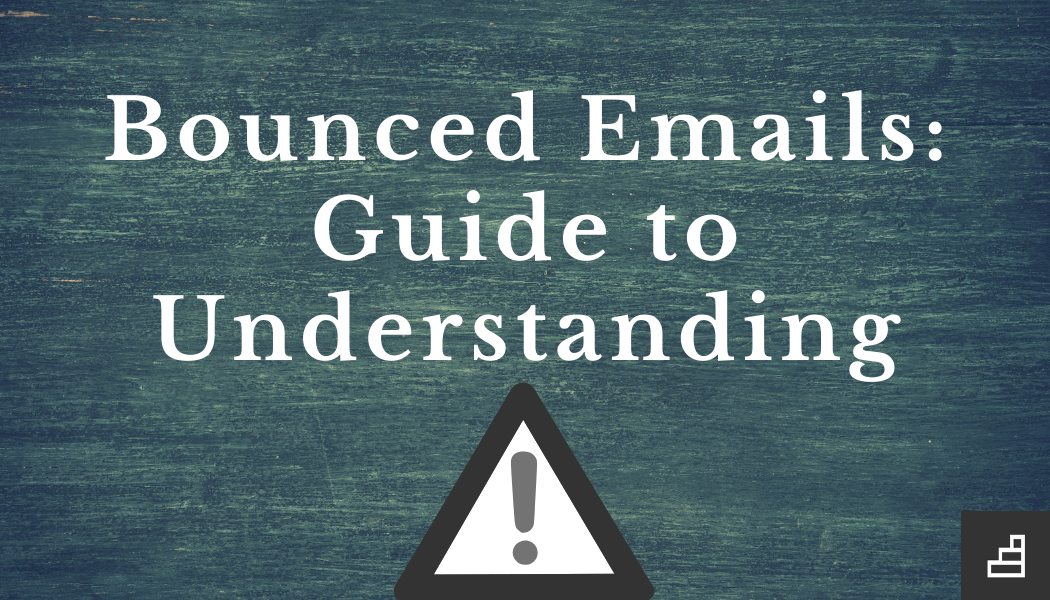
Email Reputation: How to Improve and Maintain It
Paid
Members
Public
Your email reputation (or sender reputation or domain reputation) is a generalized score Internet Service Providers (ISPs) assign to inboxes and domains. ISPs and spam filters consider your reputation when deciding whether they’ll allow your message to go through to your intended recipient. Maintaining a positive sender reputation is

Email Reputation: A Complete Overview
Paid
Members
Public
What Is Email Reputation? Also known as a sender reputation or a domain reputation, an email reputation is a generalized score assigned to inboxes and domains by Internet Service Providers (ISPs). ISPs use this score to judge the safety of an incoming message from a sender. ISPs and spam filters

Bounced Emails: Guide to Understanding
Paid
Members
Public
What Is a Bounced Email? An email bounce occurs when the intended recipient is unable to accept a message. A bounced email suggests that something has gone wrong in the sending process, whether it was on the sender’s side or the recipient’s side. When you send out an

Bounced Emails: How to Fix and Improve
Paid
Members
Public
What Is an Email Bounce? An email bounce occurs when a message is unable to be delivered to the intended recipient. When an email bounces, the sender receives an automated message from an email server that informs the sender that the message didn’t get through to the intended destination.

DMARC: Definition and Importance
Paid
Members
Public
What Is DMARC? Domain-based Message Authentication, Reporting, and Conformance (DMARC) is a DNS protocol that utilizes the Sender Policy Framework (SPF) and Domain Keys Identified Mail (DKIM). DMARC was created to help ISPs validate the authenticity of incoming and outgoing email messages coming in from a specific domain. The protocol

Authenticate Emails with DMARC for Better Deliverability
Paid
Members
Public
How Is DMARC Related to Email Deliverability? DMARC stands for Domain-based Message Authentication, Reporting, and Conformance and is a DNS protocol that uses the Sender Policy Framework (SPF) and Domain Keys Identified Mail (DKIM). It’s important to start by saying that a DMARC record isn’t a free pass

Does DMARC Improve Deliverability?
Paid
Members
Public
What Is DMARC? DMARC stands for Domain-based Message Authentication, Reporting, and Conformance. DMARC is a DNS protocol that utilizes the Sender Policy Framework (SPF) and Domain Keys Identified Mail (DKIM). DMARC makes it easier for ISPs and receiving email servers to determine the authenticity of incoming and outgoing email messages

Email Verification: A Complete Overview 2023
Paid
Members
Public
What Is Email Verification? Email verification is the process of determining the authenticity of an email before you reach out to it. Most companies perform verification through a third-party service or software because manually verifying emails is a time-consuming process. However, email verification is essential for maintaining a high sender


